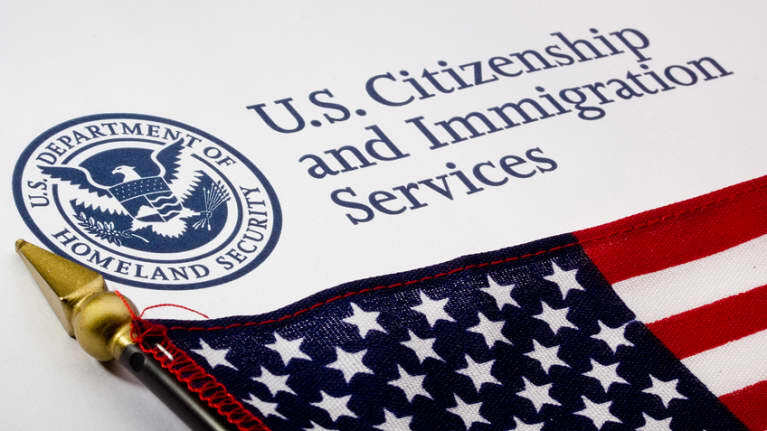 The United States government was built on a philosophy of checks and balances. Our founding fathers created three branches of government so that no one branch could grow too powerful. The Judicial branch (the Court) was created to interpret laws. The legislative branch (Congress) was created to make the laws. The executive branch (President) was created to implement the laws. However, in recent years, the US Citizenship and Immigration Services (USCIS), a part of the executive branch, has essentially usurped Congress’ power by taking an unacceptably excessive amount of time processing the applications of immigrants seeking legal status and benefits.
The United States government was built on a philosophy of checks and balances. Our founding fathers created three branches of government so that no one branch could grow too powerful. The Judicial branch (the Court) was created to interpret laws. The legislative branch (Congress) was created to make the laws. The executive branch (President) was created to implement the laws. However, in recent years, the US Citizenship and Immigration Services (USCIS), a part of the executive branch, has essentially usurped Congress’ power by taking an unacceptably excessive amount of time processing the applications of immigrants seeking legal status and benefits.
The USCIS was always known for taking a long time, however, these delays have reached a crisis level over the last year and a half. In the fiscal year 2018, it took nearly 9.5 months on average for the USCIS to process a case—nearly 1.5 months longer than it took in 2017. The increase in processing times can be seen in the USCIS’ handling of naturalization applications, green card and green card renewals, asylum, and those people with applications to bring relatives to the United States. It is essential to note that the vast majority of these are not people trying to skirt the system. Rather, they have filled out the necessary paperwork, checked all the correct boxes and followed U.S. immigration protocol to the letter.
The following are a few statistics which demonstrate the extent of the problem:
- Average case processing times have increased by 46% in the past two fiscal years and 91% since the fiscal year 2014.
- Processing delays impacted almost all of USCIS’s immigration work, with 94% of form types seeing longer processing times in the fiscal year 2018 than in the fiscal year 2014.
- USCIS’s “net backlog” topped 2.3 million at the end of the 2017 fiscal year, amounting to an increase of more than 100% since the conclusion of the fiscal year 2016 despite only a 4% increase in the number of cases.
These delays not only cause uncertainty and fear among immigrants but have other significant effects on specific groups of workers. First, the delays by the USCIS have created a negative impact on the ability of U.S. companies to recruit and retain foreign workers. The American Immigration Lawyers Association (AILA) explained that adjudication delays have “undermined the ability of U.S. companies to hire and retain essential workers and fill critical workplace gaps.” In addition, these delays have worked against the interests of marriage-based green card holders. Through its processing delays, the USCIS has effectively extended the “conditional residence” period for green card holders from 2.5 years to 4 years or even longer. Finally, these long processing times have dangerous and often deadly consequences for people seeking protection for domestic abuse as well as young children. The processing time for this group has grown from 4.8 months in 2016 to 13.5 months in 2018.
The executive branch and its agencies were created to implement the laws created by Congress. However, it now feels that the USCIS, through its procedural delays and hurdles, is effectively changing the law without the permission of Congress. As explained by AILA, “a new set of Trump administration policies ‘act as bricks in the Trump’s administration’s invisible wall curbing legal immigration in the United States.” If you or someone you know is seeking to gain entrance into the United States or a company that wants to ensure you can retain your skilled workers to the extent required by law contact, contact Pollak PLLC at (214) 307-5510.
--
Karen-Lee Pollak is the Managing Attorney at Pollak PLLC located in Dallas, Texas. She is a frequent speaker, author and blogger on immigration issues. She can be reached at karenlp@pollakimmigration


